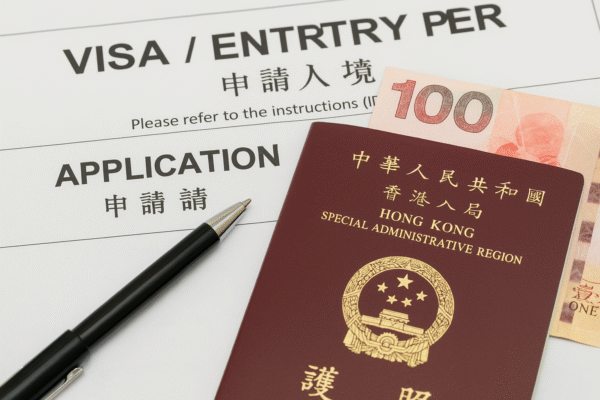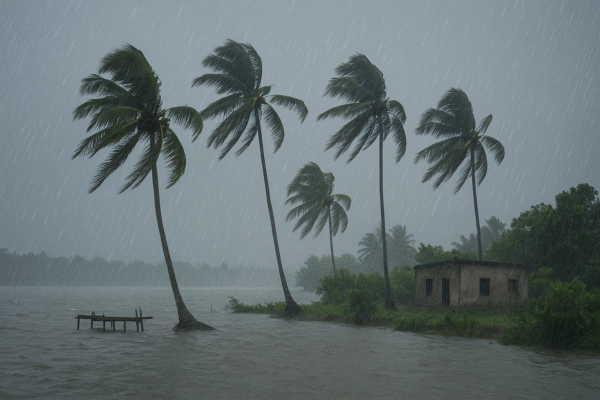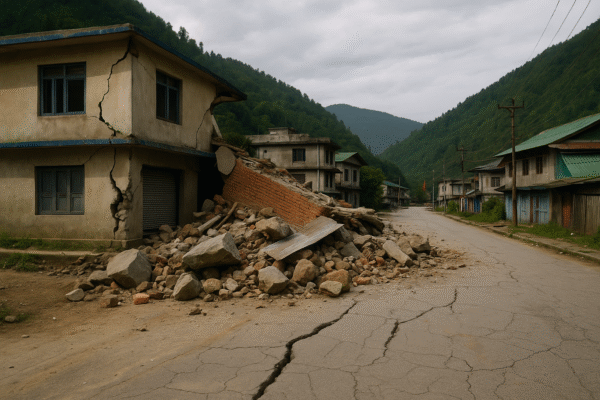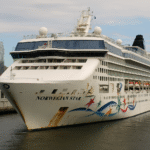As climate volatility intensifies globally, the UK Foreign, Commonwealth & Development Office (FCDO) has issued a stark travel advisory warning citizens of heightened hurricane and tropical storm risks in key global tourist destinations. The announcement, updated ahead of peak summer travel, urges British nationals to exercise extreme caution when visiting tropical regions from June to November—the most active months for hurricanes and typhoons in the Northern Hemisphere.
This advisory comes amid growing concerns about extreme weather events disrupting travel, endangering lives, and overwhelming tourism infrastructure. The FCDO’s bulletin identifies critical risk periods and encourages holidaymakers to factor weather resilience into their travel decisions.
High-Risk Hurricane Periods: Where and When to Be Cautious
According to the FCDO, tropical regions face the highest risk of cyclonic activity during specific seasonal windows:
- Northern Hemisphere: June to November
- Southern Hemisphere: November to April
These seasons align with historically active hurricane, typhoon, and cyclone periods. During these months, the likelihood of severe windstorms, flooding, and travel disruption significantly increases, posing challenges to both local communities and tourists.
Regions at Elevated Risk for Tropical Cyclones
The FCDO has outlined several regions where travelers should exercise extra caution due to frequent and intensifying storm activity:
1. Caribbean Islands
Home to popular destinations like Jamaica, Barbados, and the Dominican Republic, the Caribbean sees repeated tropical cyclone activity. The Atlantic hurricane season has increasingly disrupted flights, cruise itineraries, and resort operations in recent years.
2. Southeast Asia
Nations such as Thailand, Vietnam, and the Philippines face recurrent typhoons and tropical depressions. Monsoon rains, landslides, and flash floods often accompany these systems, affecting transport routes and tourist sites.
3. The Pacific and Far East
Countries including Japan, Taiwan, and island nations like Fiji and Tonga are frequently struck by super typhoons and tropical storms. Intense winds and storm surges are common along coastal areas, making travel during storm season particularly hazardous.
4. East Africa’s Indian Ocean Coast
Countries like Kenya, Tanzania, and Mozambique experience tropical cyclone activity between November and April. Coastal tourism areas and beach resorts may face severe flooding, property damage, and evacuations during these months.
Understanding the Dangers of Tropical Storms
Tropical cyclones rank among the most destructive natural hazards. Tourists in impacted areas may encounter the following:
- High Wind Speeds: Winds can exceed 200 mph in extreme storms, damaging infrastructure and halting air and road travel.
- Storm Surges: Sudden coastal flooding driven by low pressure and high winds can destroy buildings, marinas, and tourist attractions.
- Heavy Rainfall: Flash floods and landslides are common, especially in mountainous and urban regions with poor drainage systems.
- Power Outages and Service Disruptions: Severe storms often knock out electricity, mobile networks, and emergency services—leaving travelers vulnerable and isolated.
FCDO Travel Safety Tips for Tropical Destinations
To ensure a safer holiday experience during the storm season, the FCDO recommends the following precautions:
1. Monitor Official Forecasts
Use reputable weather services such as the UK Met Office, U.S. National Hurricane Center (NHC), and local meteorological agencies to stay informed before and during travel.
2. Register Travel Plans
Sign up for FCDO travel alerts via gov.uk and register your trip with the British Embassy or Consulate in your destination, especially during peak storm seasons.
3. Review Travel Insurance
Ensure your insurance policy covers cancellations, medical emergencies, and disruptions caused by extreme weather. This is essential for destinations with frequent storm activity.
4. Prepare Emergency Supplies
Pack essentials including a torch, battery pack, bottled water, non-perishable food, medication, and a basic first-aid kit in case of prolonged power or service outages.
5. Know Local Safety Procedures
Upon arrival, familiarize yourself with local evacuation routes, hotel safety protocols, and shelter locations. Resorts in storm-prone regions often have contingency plans in place.
6. Avoid Unnecessary Travel During Peak Storm Periods
If possible, avoid booking trips to high-risk areas during the core hurricane season. Coastal and island regions are especially vulnerable and often face the brunt of storm impacts first.
Tourism Industry Caution: Destinations Prepare for Disruptions
Many tourism-dependent economies have stepped up their storm preparedness strategies. Caribbean resorts, for example, now integrate hurricane contingency plans into operations, while Southeast Asian countries have improved early warning systems and emergency response training.
However, the rise in climate-fueled superstorms presents a continuing challenge to tourism stability and traveler safety. Events like Hurricane Beryl (2024) and Typhoon Nanmadol (2023) underscore how quickly weather conditions can change and impact travel infrastructure on a wide scale.
Conclusion: Preparedness Is Key
The FCDO’s updated alert reinforces the need for preparation, vigilance, and flexibility during international travel, particularly in tropical and cyclone-prone regions. While holidaymakers continue to seek sun-soaked escapes, being storm-smart is no longer optional—it’s essential.
Whether planning a Caribbean beach getaway or an island-hopping adventure in Southeast Asia, travelers are encouraged to stay informed, protect their plans with adequate insurance, and prioritize safety above all.
For more travel news like this, keep reading Global Travel Wire
















